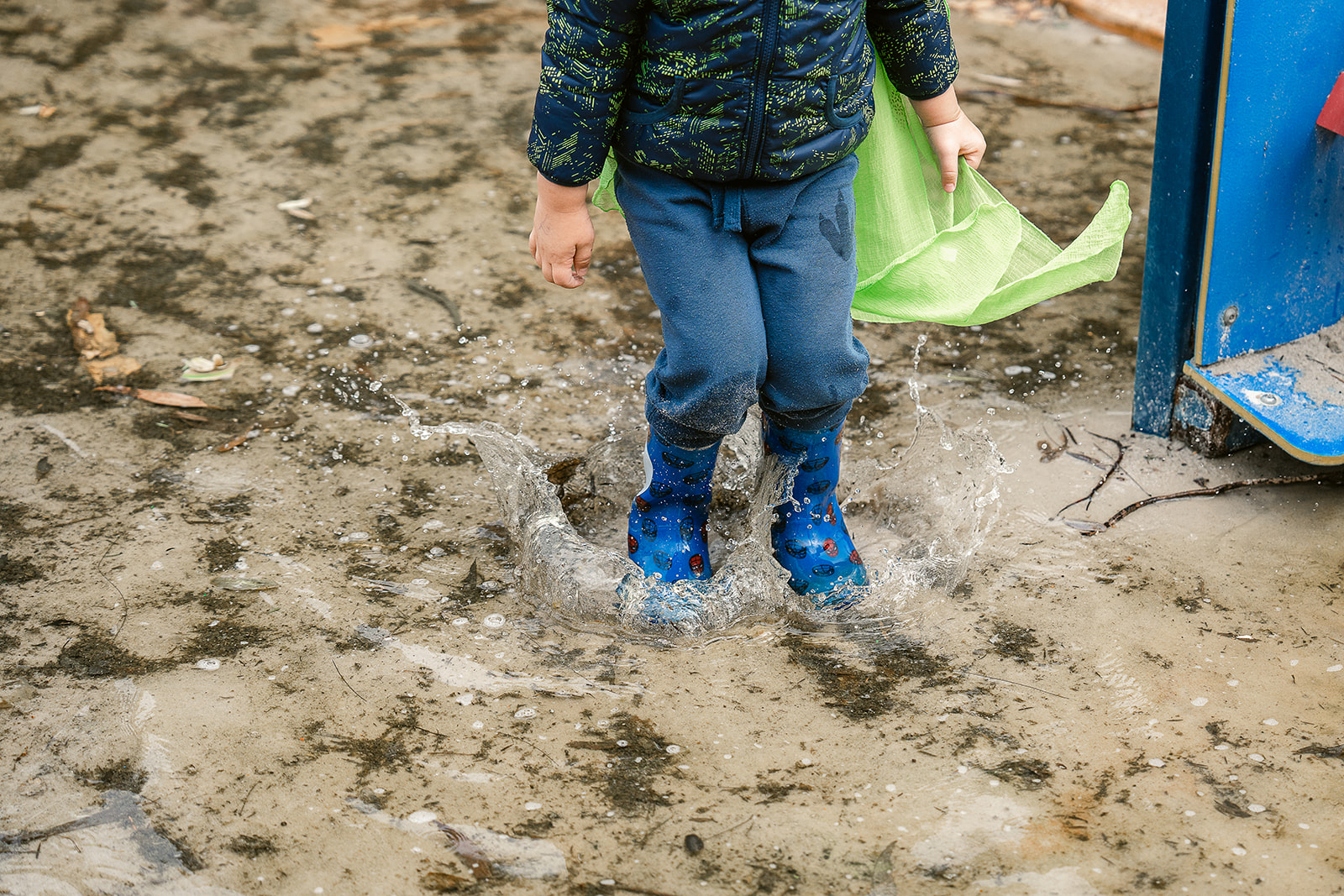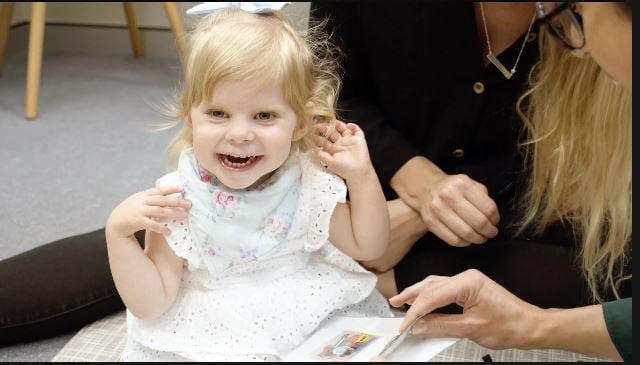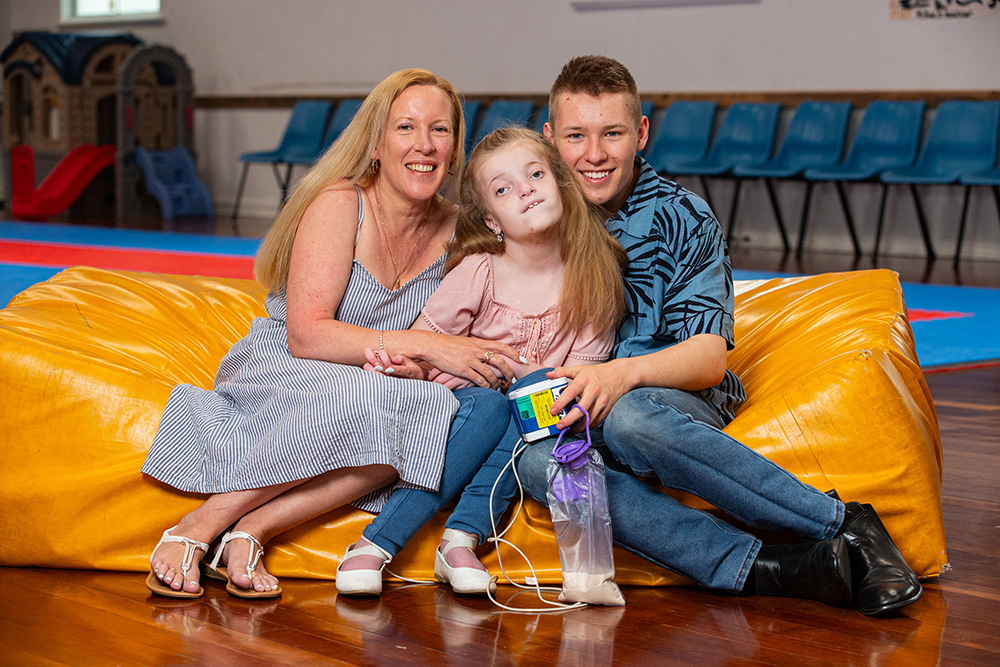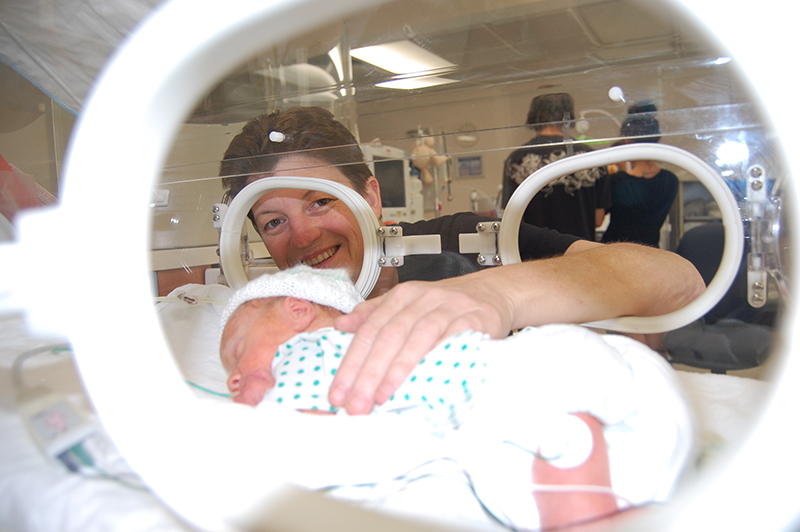Search

Interventions and explorations that focus on modifiable elements of the early life environment are being investigated, to assess and improve all aspects of physical and psychological wellbeing - both in childhood and in later life. These include nutrition, physical activity, time in nature, built environments, plastics and pollutants.

Communicating with and Understanding your Baby

The Mums Minds Matter study is comparing three stress-reduction training programs across a custom-designed app that is working to increase long-term mental health skill application among perinatal women.

Tooth decay remains one of the most common diseases in young children. It can cause pain and infection and, if it remains untreated, can affect eating, speech, and sleep in children. Researchers are exploring the importance of early intervention and education for child dental health outcomes.

Research Theme
Precision HealthUses personalised approaches to healthcare, aiming to tailor prevention and treatment strategies based on genetic, environmental, and lifestyle factors. This theme strives to make healthcare more targeted and effective for each child's unique needs.
News & Events
McCusker Charitable Foundation grant in support of the Undiagnosed Diseases ProgramThe Kids Research Institute Australia congratulates Prof Gareth Baynam and Dr Timo Lassmann on their grant over three years from the McCusker Charitable Foundation.

The Chronobiology team works to understand the factors that contribute to poor lung and heart function in newborn infants and find ways to prevent heart and lung disease.
Research
The impact of Influenza infection during early life on immune developmentThis study will investigate the why disease is worse in infants and how early life viral infection impacts the developing immune system.
Findings from the Ngulluk Koolunga Ngulluk Koort (Our Children, Our Heart) Project community forums and focus groups.

The Adolescent Health and Wellbeing team works in partnership with young people to understand their priority needs and the best ways to address these. This includes informing evidence-based policies and co-designing accessible and responsive health services.
